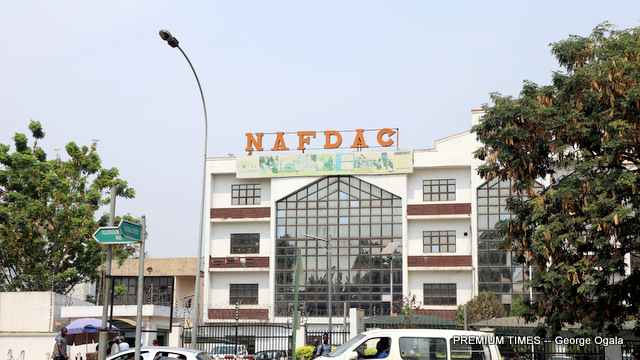On Thursday, the Council for Geoscience (CGS) officially confirmed widespread speculation about an earthquake striking Cape Town on Wednesday afternoon, with a magnitude of 1.4.
The CGS, responsible for monitoring seismic activity nationwide, reported that the quake occurred at approximately 17:37 local time.
While the tremor did not result in any injuries or structural damage, social media platforms were inundated with reports of a loud rumble or bang heard from various parts of the city.
CGS spokesperson Mahlatse Mononela provided insight into the event, stating, “The analysis results show the earthquake registered a local magnitude of about 1.4, as recorded by the South African National Seismograph Network (SANSN).”
Mononela also revealed that the epicenter was located along the Diep River near the Milnerton rural area. Additionally, the council urged the public to share their experiences using its online questionnaire.
Cape Town’s earthquake history
Interestingly, this isn’t Cape Town’s inaugural encounter with earthquakes. The Citizen reported that two earth tremors shook the city in September 2020. The most severe tremor struck Tulbagh on 29 September 1969, claiming the lives of 12 individuals.
The 6.3-magnitude quake reverberated across Ceres, Tulbagh, Wolseley, and Prince Alfred Hamlet, causing significant damage in Porterville and Worcester, as well as in the villages of Gouda, Saron, and Hermon, according to The Citizen.
The recurrence of seismic events underscores the importance of preparedness and awareness in earthquake-prone regions.
CLICK HERE TO READ MORE ARTICLES BY NOZIBUSISO MAZIBUKO







